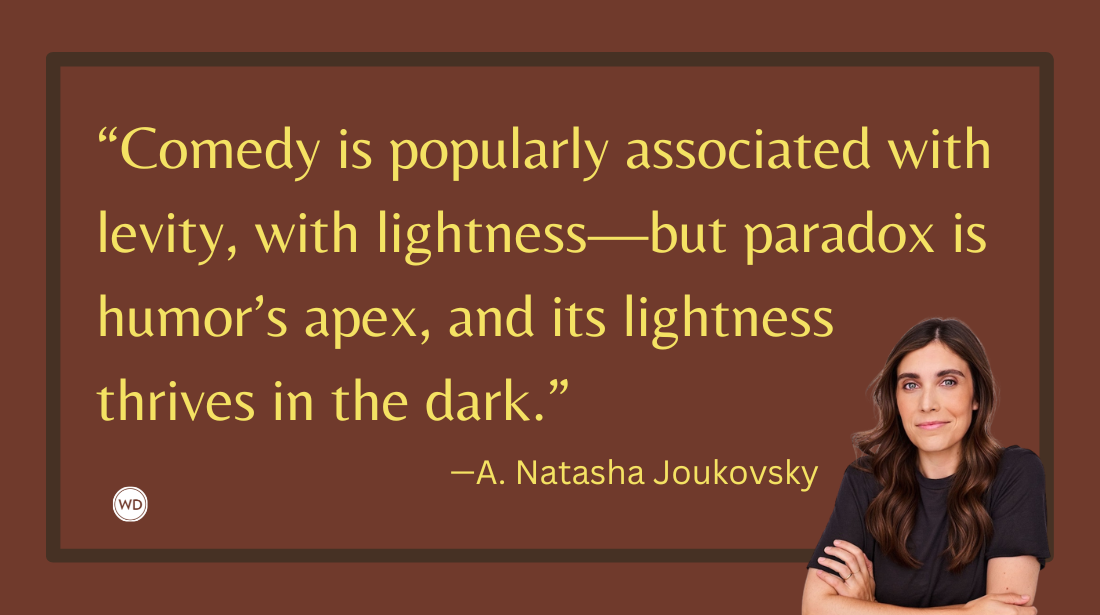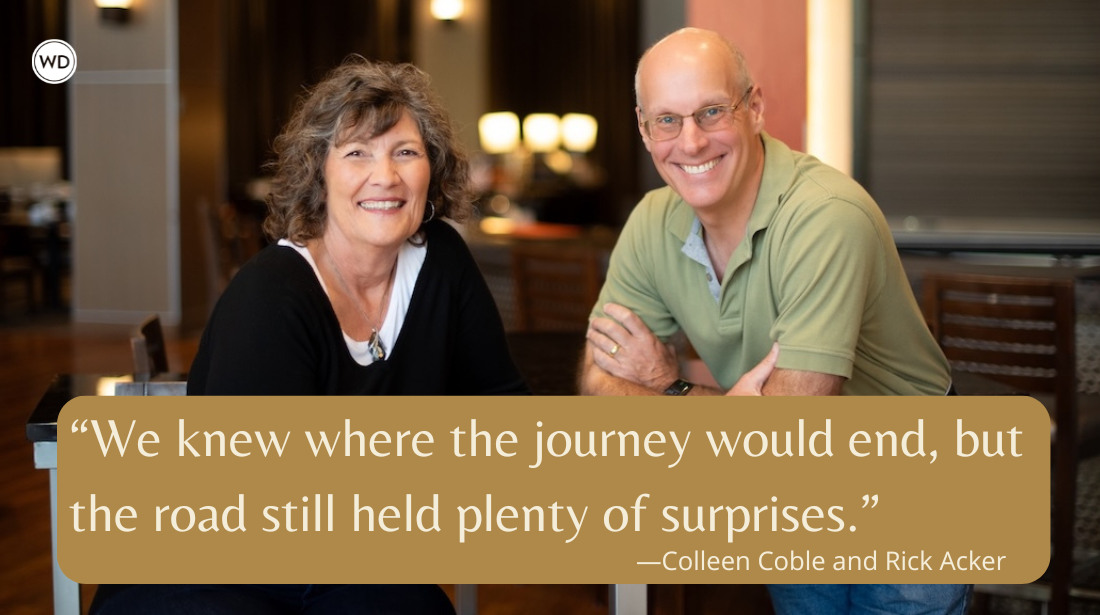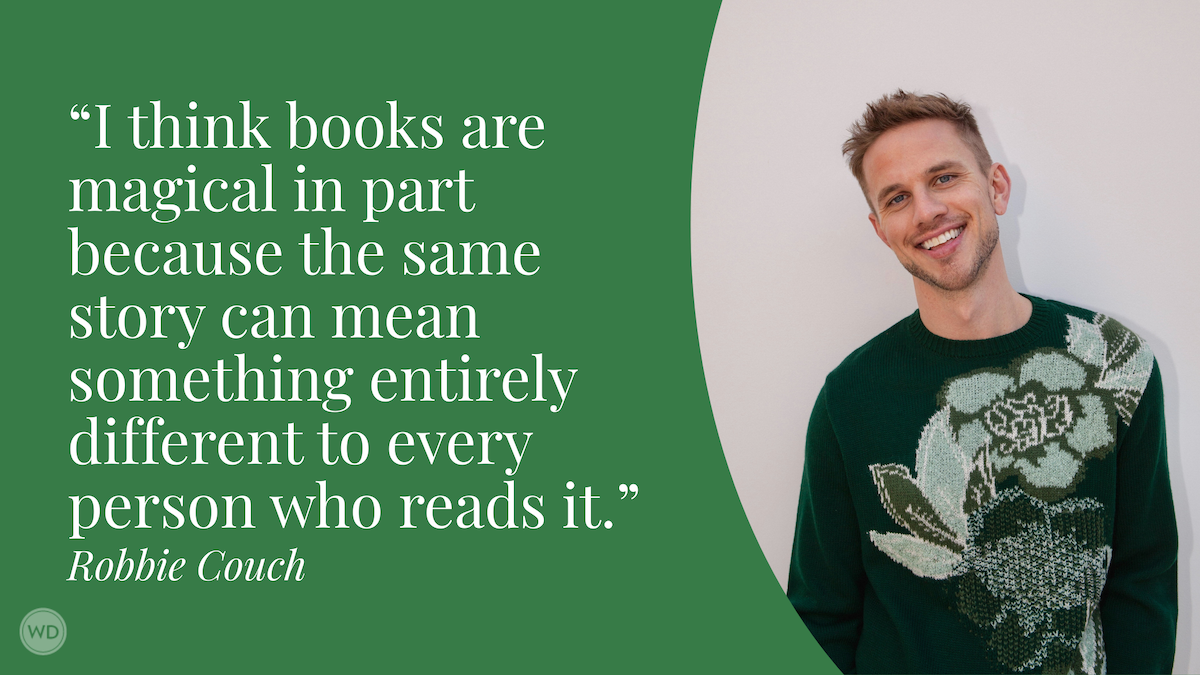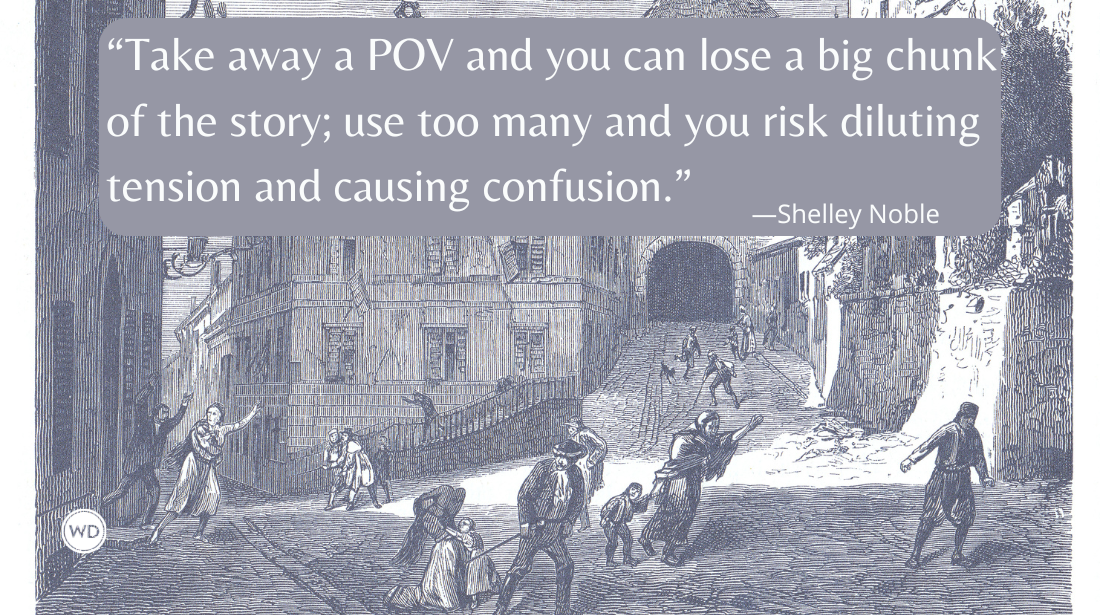9 Questions with Thriller Writer Doug Richardson (Die Hard 2, Blood Money)
Doug Richardson may be best known for his scriptwriting and producing chops on Die Hard 2, Bad Boys and Hostage, but he’s a successful thriller writer as well. His new…
Doug Richardson may be best known for his scriptwriting and producing chops on Die Hard 2, Bad Boys and Hostage, but he's a successful thriller writer as well. His new novel, Blood Money, is making a splash with both audiences and reviewers. We're lucky to have had the opportunity to chat with Doug and ask him about why he writes thriller novels, what's the most challenging part of writing thrillers, what advice he has to other authors looking to sell film rights and more.
—By Jeanne Bowerman, Editor and Online Community Manager of Script Mag
1. Most people know you as the 'action writer' of movies like DIE HARD 2. What got you into writing thriller novels?
To me, great action films and great suspense thrillers are symbiotic. Close brethren even. Though the final product might land differently—one playing up on the movie screen and the other playing between the reader’s ears—the intent and the result are much the same. To thrill. So for me, writing thriller novels is a natural extension from writing thrilling movies.
2. What's the thing you're either most proud of about newest novel, BLOOD MONEY, compared to your others, or the thing that sets it apart from them?
With Blood Money, I was looking to create a sort of ripple-in-a-pond effect. Build an ensemble of interesting characters, each with their own agenda who, otherwise would never ever interact. Then, like dropping a pebble in a calm pool of water, one person’s a singular action – or error –begins as a ripple and ends up a tsunami.
3. Where there obstacles you faced while writing BLOOD MONEY?
Aside from finding time to write between my son’s robotics competitions and my daughter’s dance schedule? I suppose my usual difficulties involve the logistics or continuing to write and develop film and television shows while keeping story in my novel humming on overdrive. There are no sabbaticals in showbiz.
4. BLOOD MONEY is your fourth novel, do you see yourself continuing writing thrillers or is there another genre you'd like to take a stab at?
I really can’t imagine writing anything else. Only having my stories get stronger and more thrilling with every new blank page.
5. What was the most fun scene to write in BLOOD MONEY?
I can’t say there was any one particular moment. But there are moments where, but for that ripple-in-a-pond effect I described earlier, certain characters wouldn’t meet. It’s great fun to place them in proximity to each other, have them interact, without so much as having a clue that the other character is as important to the plot as they are. A gas for the writer. Hopefully the same for the reader.
6. What's the most challenging part about writing a thriller as opposed to any other genre?
Good question. Though I wouldn’t even venture an answer, having never written books that aren’t thrillers. I have with movies. And I’d say the most challenging part about switching genres is finding the right headspace and staying with it while doing the work. I might watch a bunch of pictures in that particular vein, study their structures, but not in such a way where I’d finding my way aping someone else’s style. I always want to stay true to my own intentions.
7. Why should other writers want to write a thriller?
Assuming the writer has the skillset, I would say “write a thriller” because it’s about channeling what is primal. We’re all humans and subject to the hairs on the back of our necks informing us that we’re sitting atop a powder keg. A thriller also forces a writer to tell a story with pace. Lastly, writing thrillers focuses me to look at my own surroundings through a different lens. At least that works in my case. Since I’ve chosen to focus on stories and characters that live and breathe in the very same neighborhoods where my friends and family live and breathe, what I take for granted as safe and secure isn’t necessarily so in one my novels.
8. Since you said you can’t imagine writing anything other than thrillers, do you have your next book?
Yes. I’m writing it as we speak. The title is 99 PERCENT KILL. It’s a continuation with some of the characters from Blood Money. It’s a chase in and out of more dark corners of Los Angeles with my hero, Lucky Dey, that leads him into the world of human trafficking.
9. Do you have advice for authors looking to sell their book rights for film?
Cash the check and hope Hollywood doesn’t screw it up. Then use whatever success that come with the adaptation to your advantage when it comes to your next book to film. Eventually, they’ll be hiring you to write the screenplay.
More about Doug: He attended USC’s School of Cinema. After finishing college, Doug signed a two-year contract with Warner Brothers. In 1989 he garnered national attention when his spec screenplay was the first in Hollywood to sell for a million dollars. Doug’s first feature film, the sequel to Die Hard, Die Harder, was produced in 1990. He has since written and produced feature films including the box office smash Bad Boys and Hostage. To date, Doug’s features have grossed over 800 million dollars worldwide. Doug writes a weekly blog sharing his screenwriter war stories on dougrichardson.com. His latest novel, Blood Money, is now available. Follow Doug on Twitter @byDougRich.
************
Follow me on Twitter: @BrianKlems
Check out my book.
Sign up for my free weekly eNewsletter: WD Newsletter
Brian A. Klems is the former Senior Online Editor of Writer’s Digest, and author of Oh Boy, You’re Having a Girl (Adams Media/Simon & Schuster). Follow him on Twitter @BrianKlems.









